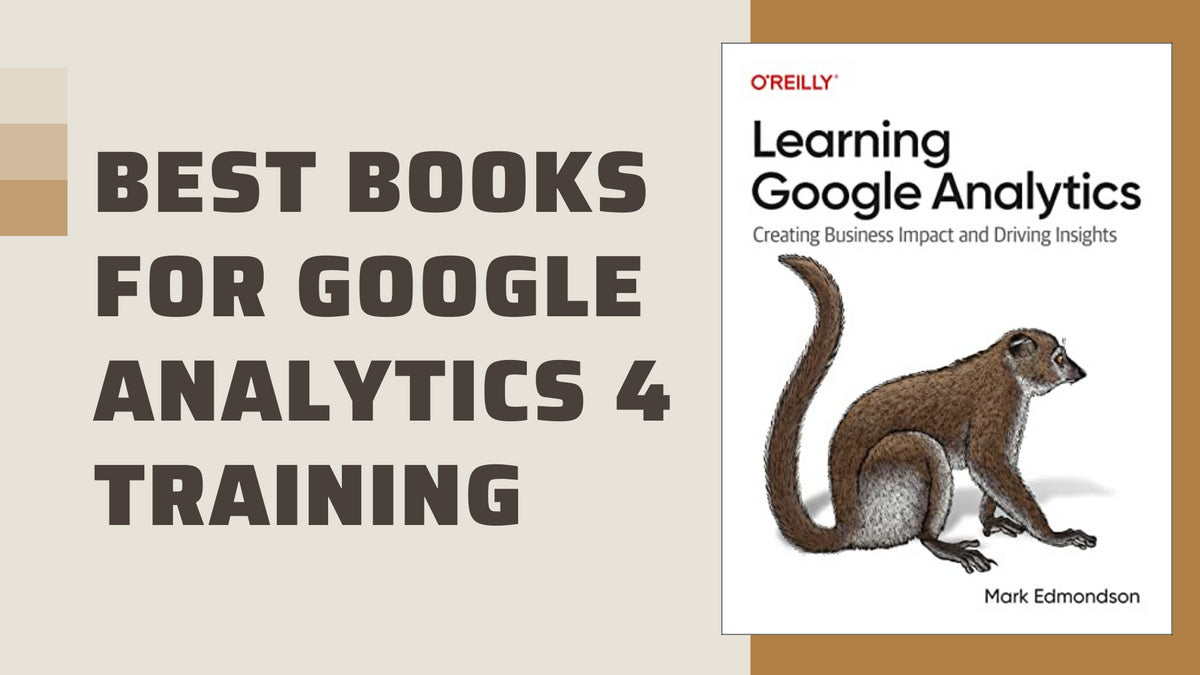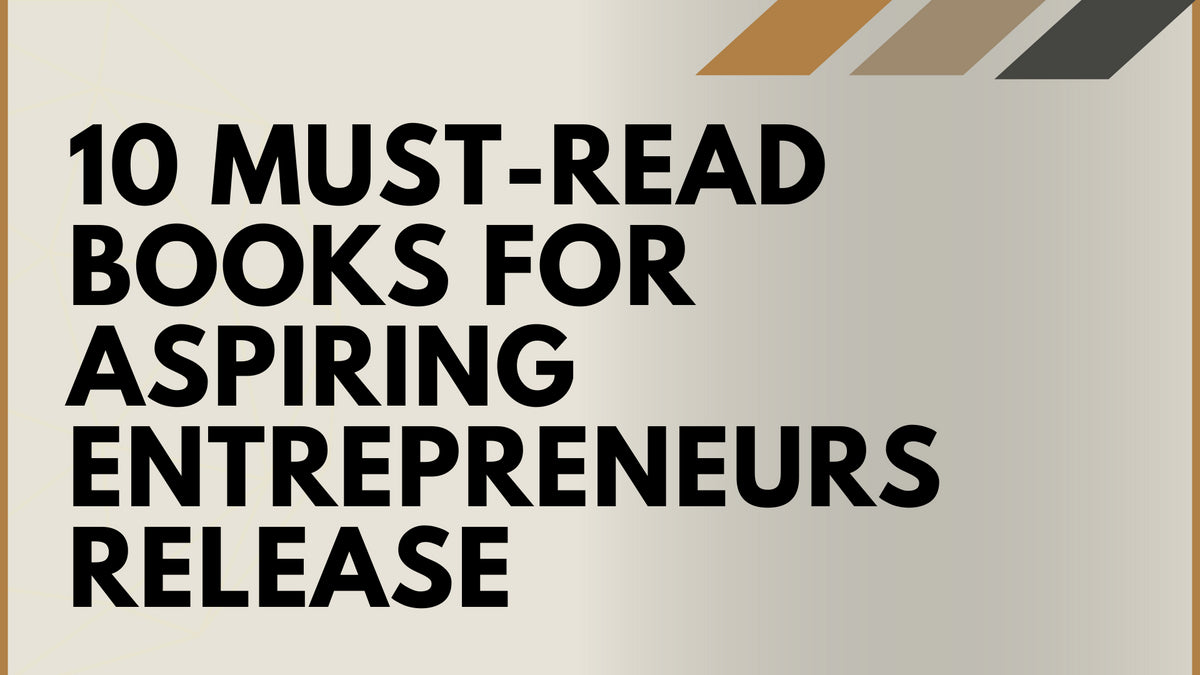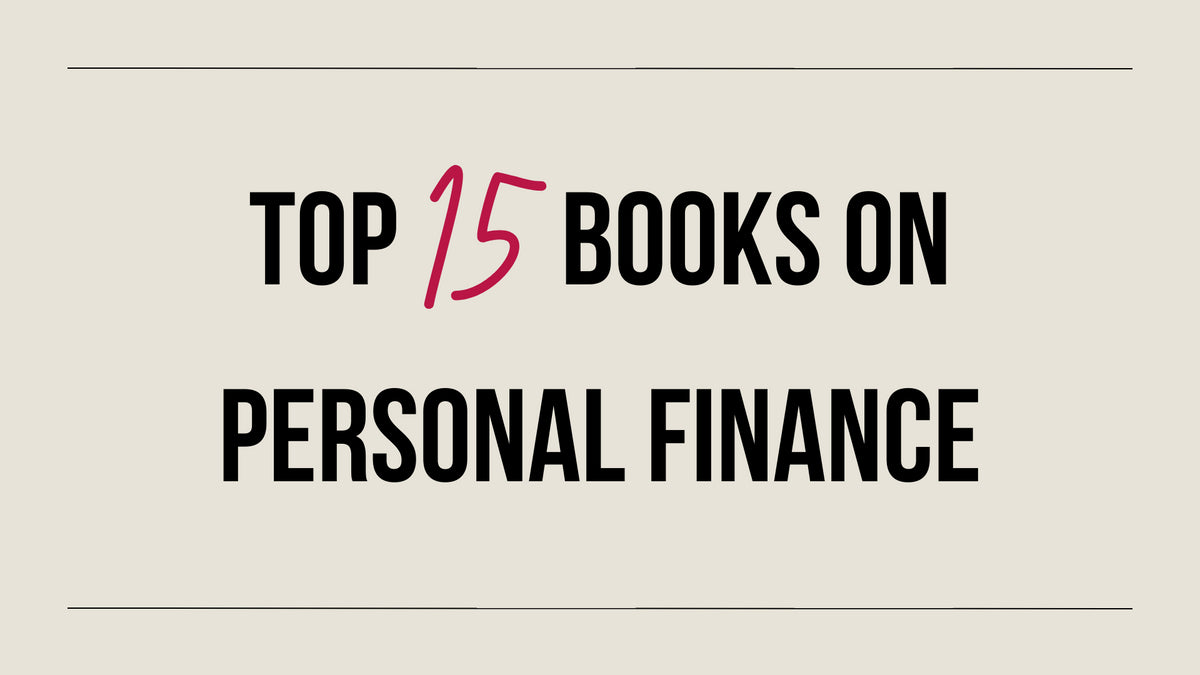Your Cart is Empty
The Messy Middle Book Summary: Get Your Company To The Next Level
Listen To This Article
Grow Your Company
Scott Belsky is a person who has walked the talk. Founder of Behance, which sold to Adobe for $150M, he has literally lived through The Messy Middle.This book speaks of the ‘middle’ of any venture. The start and finish of any new venture is always euphoric and enthusiastic. It makes for a good story and goes into the history book of the venture. However, it is the expert navigation of the uncertain middle, which is filled with self-doubt and challenges, which brings to fruition your vision and hard work.
This book gives many insights on how to navigate the volatile, hard but crucial middle part of your venture. The idea of a linear journey, from conception to conclusion, is a myth. Actually, reality encompasses an enthusiastic start, a hardship filled mid journey where you almost give up, and a relieved finish on safe delivery of your venture.
The three main insights are Endure, Optimize and The Final Mile. Each section of insight is based on the essence of his many interviews with successful entrepreneurs, executives, writers, artists and his personal vast experience.
Learn To Grow A Successful Business
- Importance of positivity, right communication, and the skill to close meetings on a positive note in leadership
- Framing things to bring people together to solve the problem
- Importance of self-awareness for a leader. When to give credit and when to assume team responsibility
- Keep long term vision and not get stuck on problems. Always remember no matter how much you have achieved there is still a marathon waiting to be run
- Endure the lows and optimize the highs in the messy middle of any venture. This way every low is a little less low than the one before it and every high is a little higher than the earlier one. This will give you a positive slope
- Remanufacture measures of progress frequently. Always think long term and be ready to be misunderstood for long periods of time if you are inventing or being different (point reiterated by Jeff Bezos)
- Create milestones to enable celebration of short term wins to keep the team motivated
- Increase efficiency before adding to the team
- Stay focused on what’s propelling you forward. Do not unnecessarily diversify and dilute focus on what works
- How to build a great team
- Process is only the means to the end. Do not let it dictate your actions. Audit your process regularly
- Override email/slack in favor of personal conversation
- Importance of Essentialism
- Change is despised before it is loved. Never shy away from change (case in point – Eiffel Tower and the Louvre Pyramid)
- The First Mile is the first 30 seconds of your user’s first experience
- Importance of a stand in metric

Featured In This Review
The Messy Middle
$19.43
A book written by a wildly successful founder that shares every once of his knowledge and experience. Every business leader can take something away from this value dense and entertaining book.
SHOP NOWThe Messy Middle Book Summary
This book is written in a non-linear manner. In Belsky’s own words, “The book is intended to be more of a buffet than a plated six-course meal. I encourage you to navigate to whatever part of the journey resonates most with you at the moment, using the table of contents.” There are four parts to the book – Start, Endurance, Optimization and Finish. The text is interspersed with relevant and well-designed graphics, which speak a thousand words.
Most of the insights in this book are deep and relevant. Several of the insights can be easily adopted and put into practice immediately. Which is a fresh change from many high level business books.

Great Leadership: Positivity in leadership is inspiring and it is the stuff that makes great leaders. Be positive and constantly frame things to bring people together to solve the problem. Make sure you leave meetings on a positive note. Some specific examples in this section were very interesting. Another book on the effects of positivity that maybe even change your life is The Happiness Advantage.
Consciously cultivate this kind of communication style and mind set. It should be an important strategy for you as a leader. He talks about self-awareness and giving credit and taking responsibility as a leader as well. It is important to share wins and credit. A leader should gracefully acknowledge team effort in all successes. These words are reiterated with wonderful situational examples in books like Creativity Inc, Extreme Ownership, and Wooden on Leadership.
Move on: When you begin a venture it is important to not get stuck on any one thing. Think like an athlete doing an Iron Man would. After a rigorous swim and bike ride, you still have a marathon to run. This basically means that you need to have long term vision and not get held up on small things. Control insecurity about work and be optimistic.
Want to buy a book review like this?
Click here to learn how to get your book reviewed!
Belsky speaks of pushing in the peaks and optimizing in the bad. Every business has good and bad moments. Figuring out what to do in those moments is the challenge. Endure the lows and optimize the highs to always achieve a positive slope in the venture.

Again, one of the primary attributes of a winning leader and venture is long term view. Remanufacture the measures of progress constantly. Be prepared to be misunderstood for long periods of time if you are inventing or testing waters with new innovations. Examples of this can be found in a few different books. Resistance to innovation can be found in Good To Great. To explore disruptive business ideas read Loonshots.
Jeff Bezos legendary letter to the shareholders of Amazon in 1997, articulates the importance and necessity of long term focus. Sacrifice of short term profits, in order to remain true to the strategy of becoming a market leader and long term vision of the company, is clearly stated therein. This letter hit all the right notes, so much so, it has been included in all his letters to the shareholders in all subsequent years.
Effective teams always find ways to celebrate small wins. They keep creating achievable milestones and celebrate the wins to keep the motivation high. This concept is supported and expanded on in the book Switch by Chip & Dan Heath.
Invention and innovation is needed to make gigantic progress. However, this opens the door to failure, criticism and stress. Develop a thick hide, when you dare to be new and different, as you will face resistance and doubt. Ultimately being disappointed about things like this comes down to expectations. If you prepare yourself for rejection you won’t have anything to worry about. For more on this read the book How To Stop Worrying And Start Living or Winning Through Intimidation.
Focus On What Works: A venture always has some failures and some wins. Invariably, failures are analyzed and efforts are poured into converting them into wins. Belsky has a refreshing perspective on this - “Optimize the hell out of everything that works.” He advises relentless research to understand why something is working and then improve that.

Don’t focus on the broken, rather expend resources on what works. Optimize and improve on your successes. Diversification also dilutes focus. Milk your wins for all they are worth and only then look into diversification. Stay within your competence circle to keep advantage. Two spectacular books all about the importance of focusing on what works are Essentialism and The One Thing.
An extension of this same thought, is to determine your core expertise, focus there and compromise on other things. Again, this point is reaffirmed in the book, Built to Sell. Have a vision for the company and understand that it is okay to lose in some areas.
Process Stalls Progress: A process is created to prevent problems, but the more processes, the slower the progress. Process is one of the primary reasons why big corporates like Adobe are not as nimble and flexible as smaller companies and startups. They are bogged down by the need to adhere to process. This is proven to be perfectly clear without any doubt in the book Innovator's Dilemma.
A constant evaluation and audit of the process is advised. Do away with processes which no longer serve. Nil process or minimum process should be the end goal of these audits. Influence by Robert B. Cialdini talks about process in a similar fashion.
Team Building: A great team requires judicious structuring and management. Constantly improve on the way you hire. Before adding to the team, make sure existing manpower is well utilized. Look for ways to improve efficiency. Google initiated Project Aristotle to find answers to the question, “what makes a team more effective than others?” Two great books for this are WHO or Bait And Switch.
Diversity in ethnicity and personality types is an important factor to consider. This will give you different perspectives, approaches and functioning styles, which is invaluable.
Communication: Team meetings will become immensely easy with visual aids and mock-ups. They better articulate the idea, the vision and how to get it done. When delivering a speech, you will be able to keep the attention of the audience if you just use a visual aid. This same idea is also mentioned in two other award winning books: Influence and The Ultimate Sales Machine.
Belsky is not a fan of email and Slack for every message we send. Email is not conversational. It is just a way of sharing your ideas. Slack is conversational, but open to interpretation and almost impossible to properly interpret tone. Chances of misinterpretation of what you say are possible in both the mediums. For conversational topics recommends in-person or phone communication instead.

Embrace Change: To make his point here Belsky uses a delightful example from history. The Eiffel Tower and the Louvre Pyramid. Both these iconic monuments faced many problems, backlash and rejection in France, before they were sanctioned to be built.
Now, they are a part of France’s identity and a must see on every traveler's itinerary. Push back and charge ahead no matter what. Change is bound to be hated and resisted by many before it is loved and touted as game changing.
The First Mile: This phrase in the book refers to a user’s first experience interacting with your company. The customer should know, in the first 30 seconds, why they are there and what to do next.
The first mile should be well crafted. In the first 30 seconds itself, you should be able to address the laziness, vanity and selfishness of your prospective customers. Convert them into engaged customers and build a lifetime relationship there forth. His example of Snapchat opening right to the camera and serving the needs of teenagers is very apt.
The conclusion takes you into his personal journey in Behance. This book is packed with great stories, insights and quotes for founders and entrepreneurs.
About The Author Scott Belsky
Scott Belsky is an entrepreneur, author, and early stage investor. He is Chief Product Officer at Adobe, and Executive Vice President, Creative Cloud.
He serves as a board member and product advisor for many top startups. He is a Venture Partner at Benchmark. He co-founded Behance, a platform to showcase and discover creative work, in 2006 and served as CEO until it was acquired by Adobe in 2012.
Belsky is also the creator of 99U, Behance's thinktank. He is the author of Making Ideas Happen, and co-author of the 99U book series.
Through his work as a founder and investor, Belsky has become an advocate for technology and community initiatives that empower creative people and teams.
Want to buy a book review like this?
Click here to learn how to get your book reviewed!
Leave a comment
Comments will be approved before showing up.
Also in Books

The Best Books for Google Analytics 4 (GA4) Training
Unlock the secrets of Google Analytics 4 with our curated list of the best GA4 training books for 2023! Dive deep into actionable insights, master advanced techniques, and lead the digital analytics revolution. Don't get left behind; discover the ultimate resources to dominate GA4. Click now to elevate your skills!
Read More
10 Must-Read Books for Aspiring Entrepreneurs
Do you dream of starting your own business? If so, you need to read this article! We've compiled a list of 10 must-read books for aspiring entrepreneurs. These books will provide you with the knowledge and inspiration you need to turn your dream into a reality. Click here to read the article and learn more!
Read More
Top 15 Books on Personal Finance
Are you looking for a safe and informative place to learn about personal finance? If so, you've come to the right place! This article discusses the top 15 personal finance books on the market, all of which are sure to help you improve your financial situation without any explicit sexual descriptions or that is sexually suggestive in nature or is primarily intended to cause arousal.
Read More